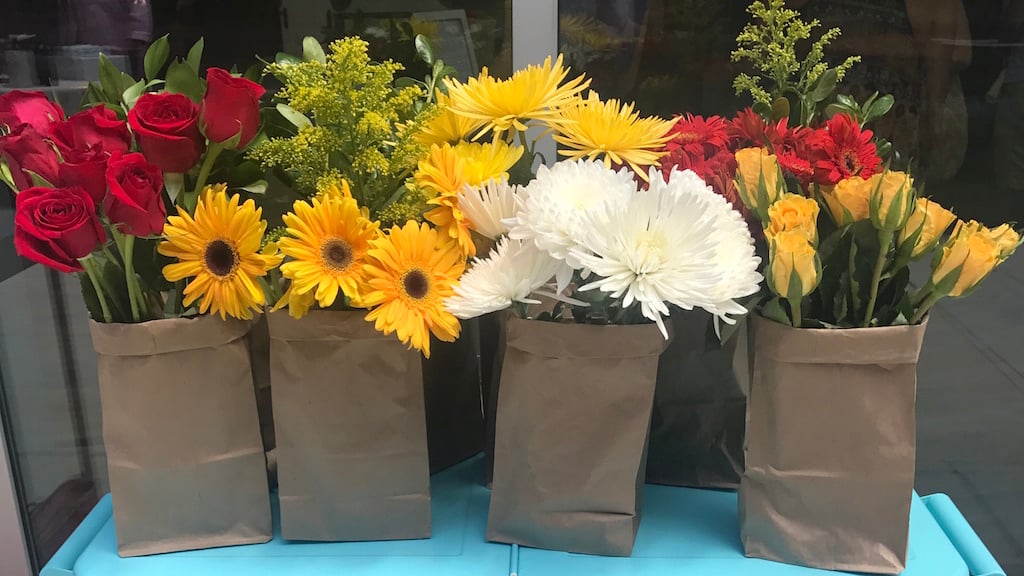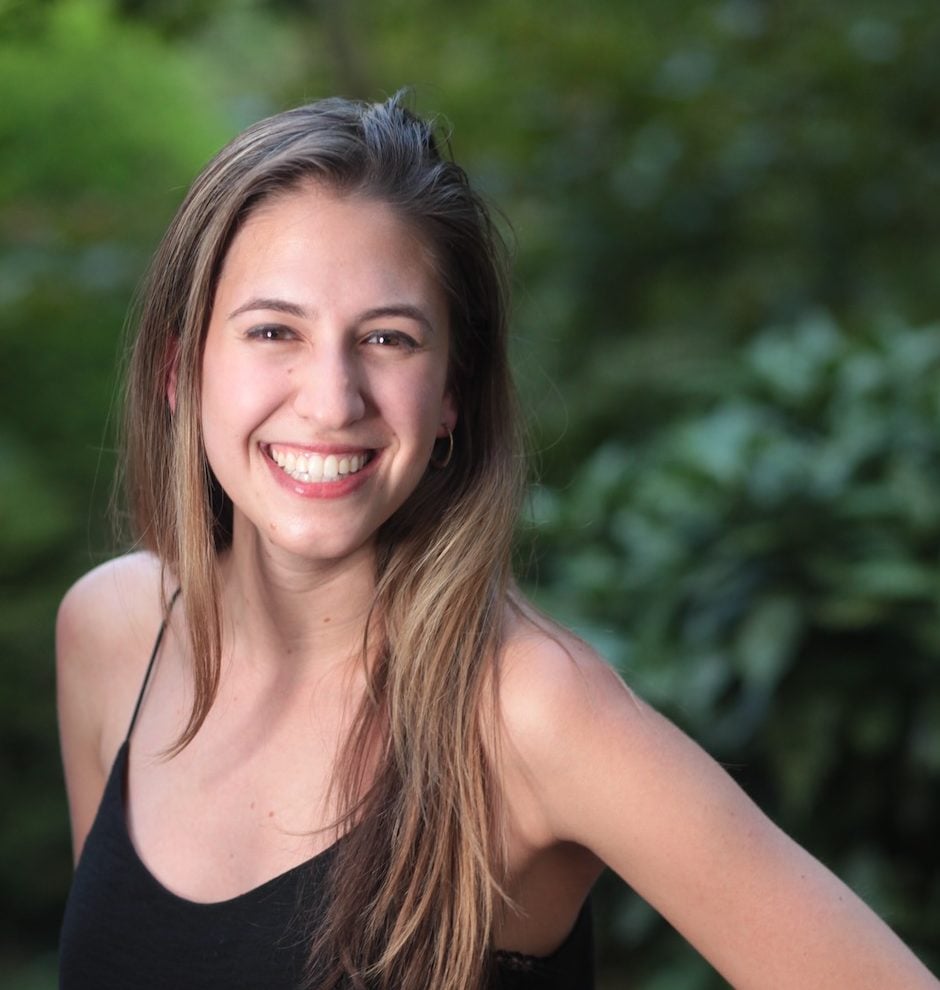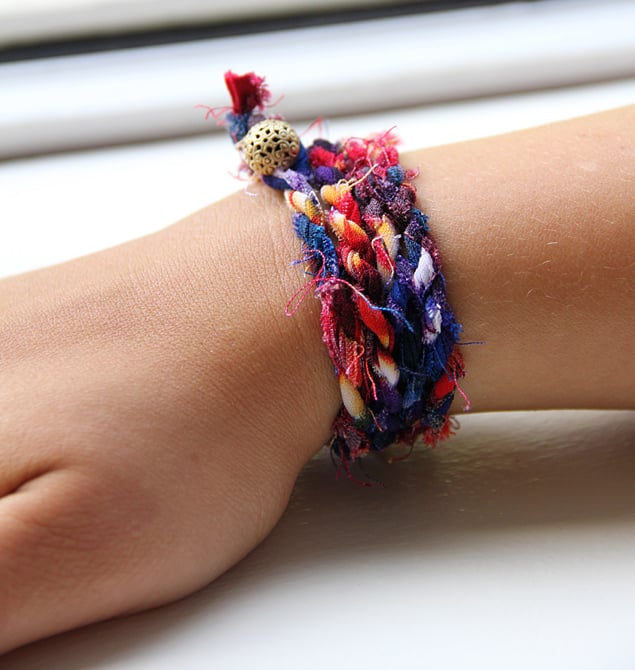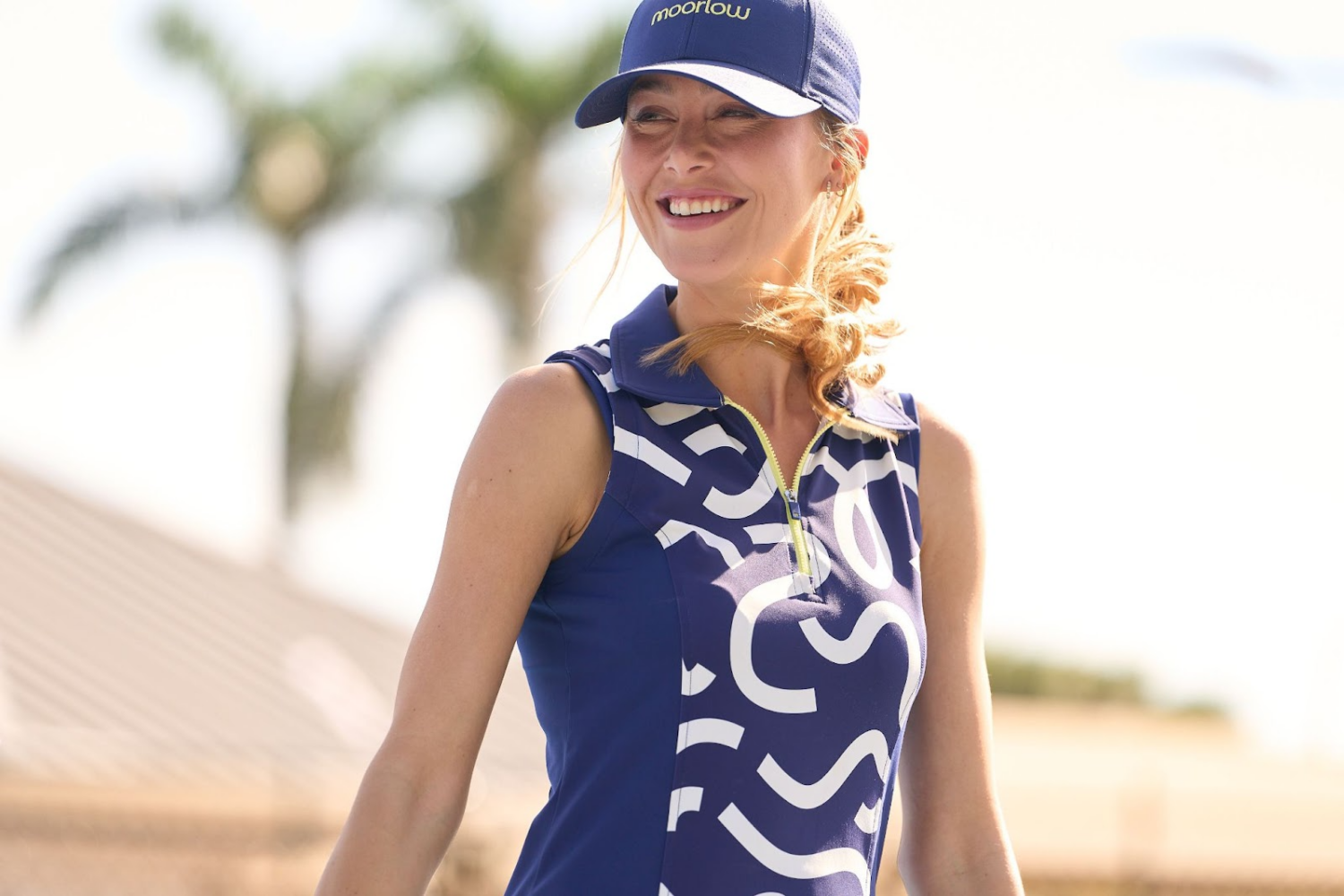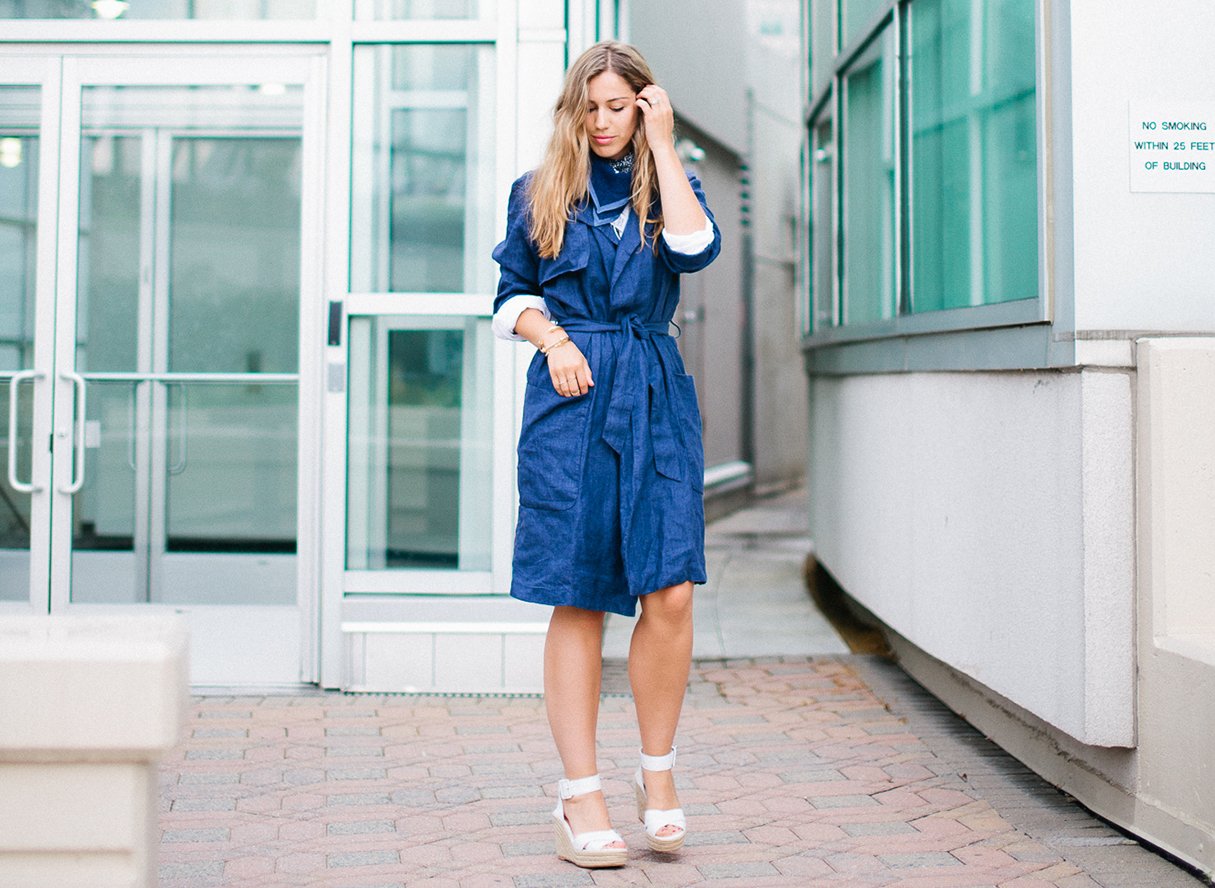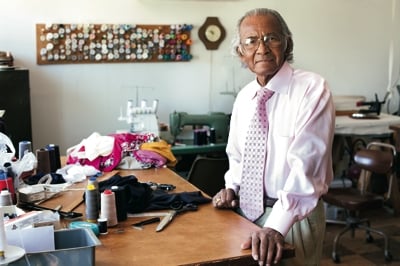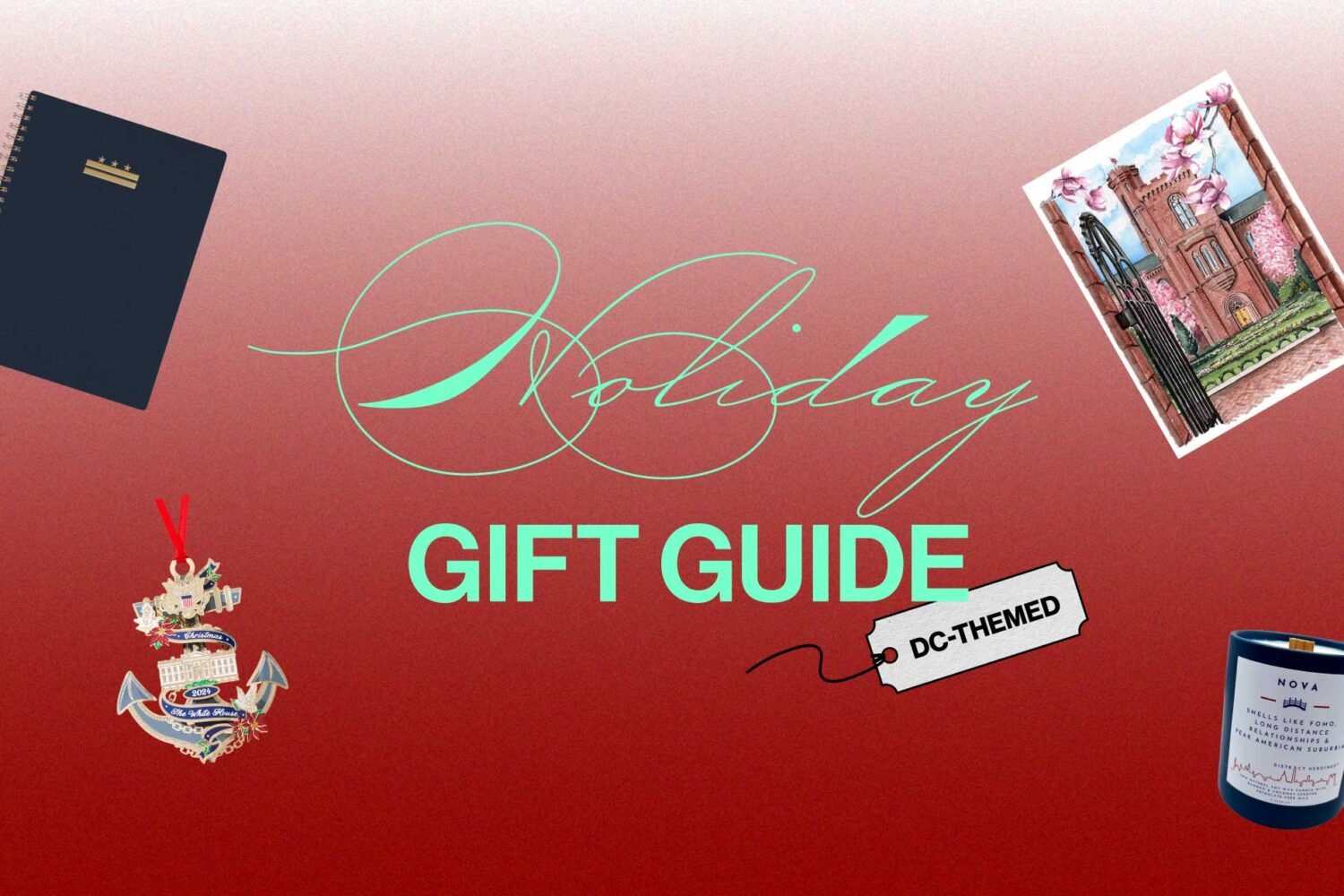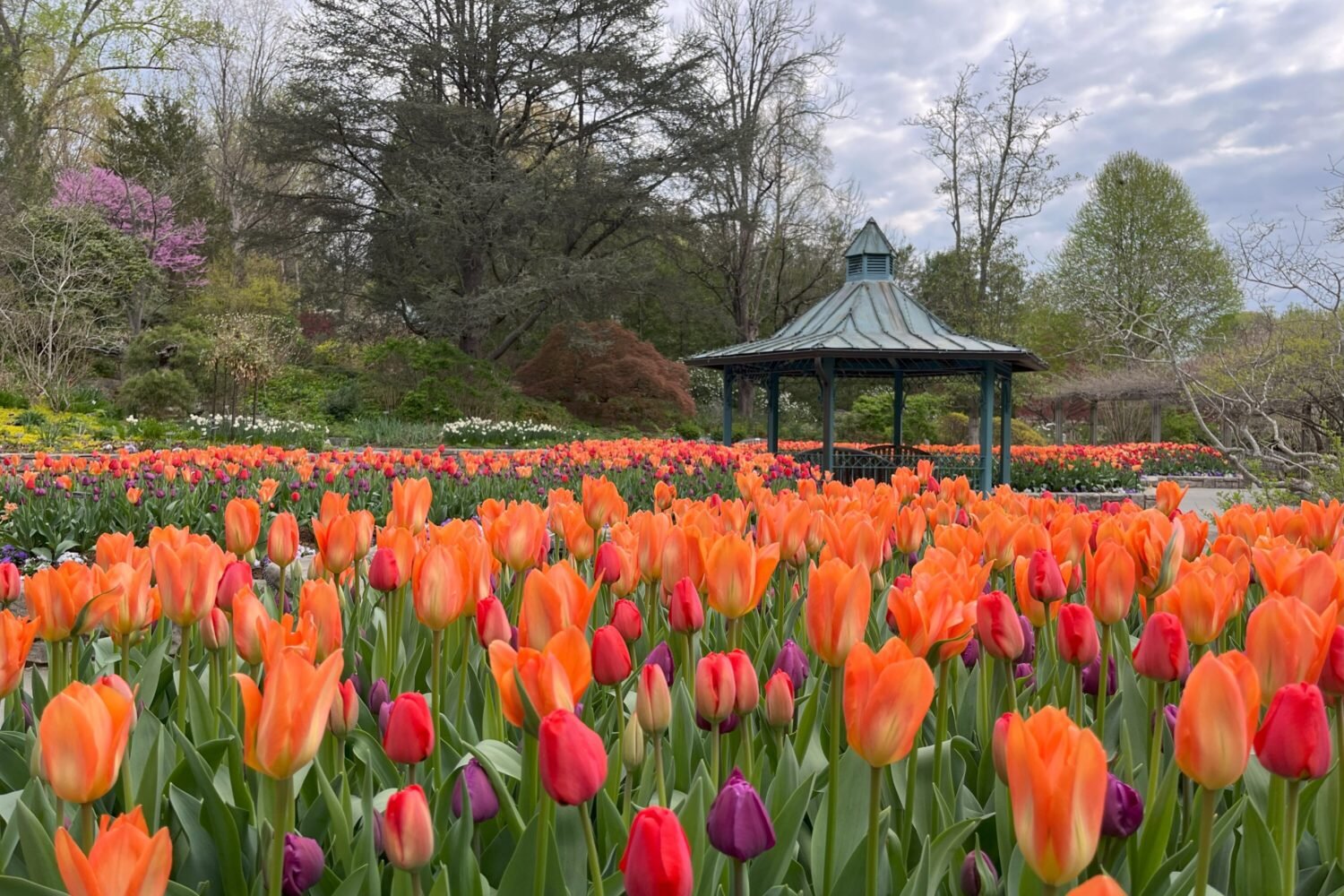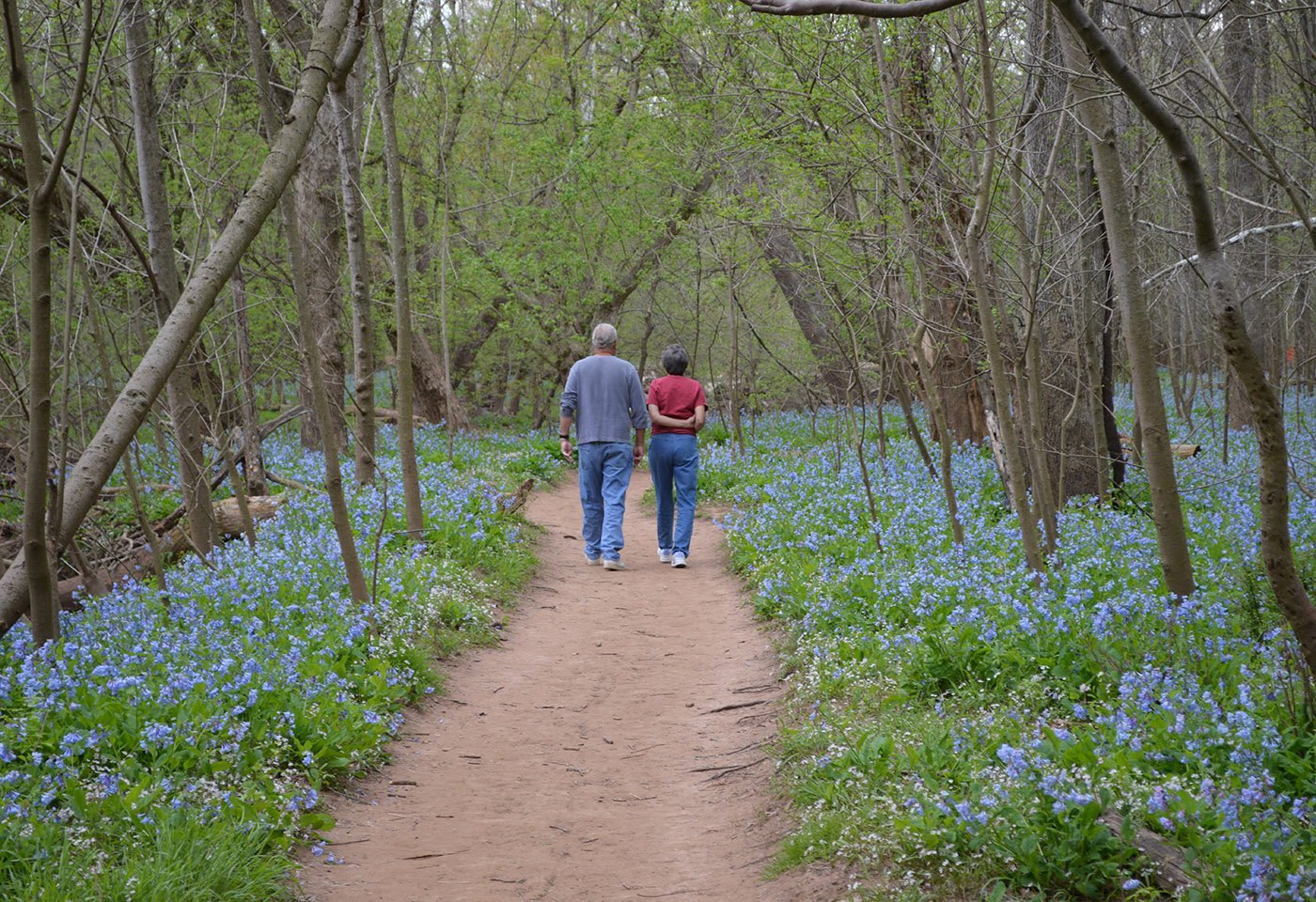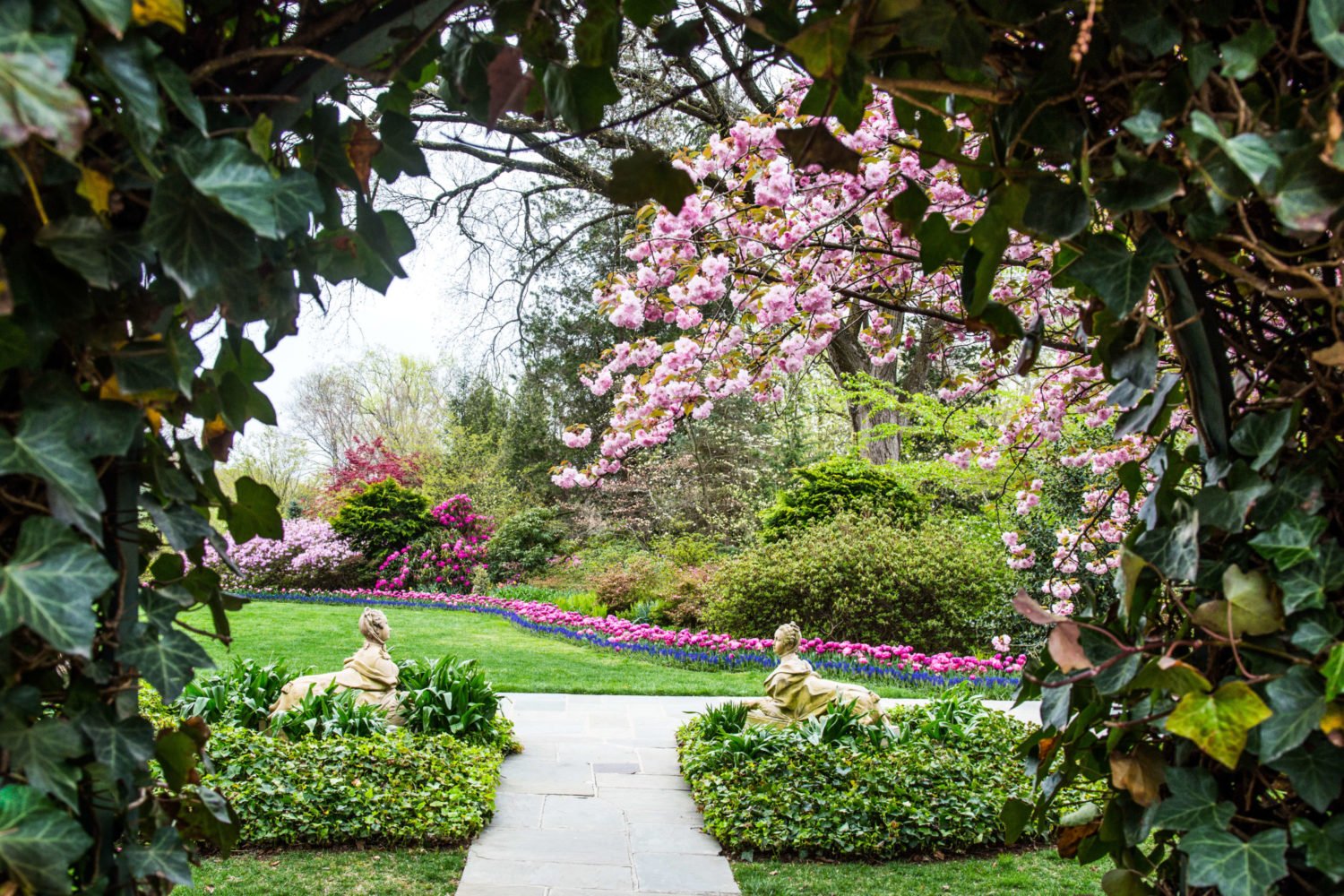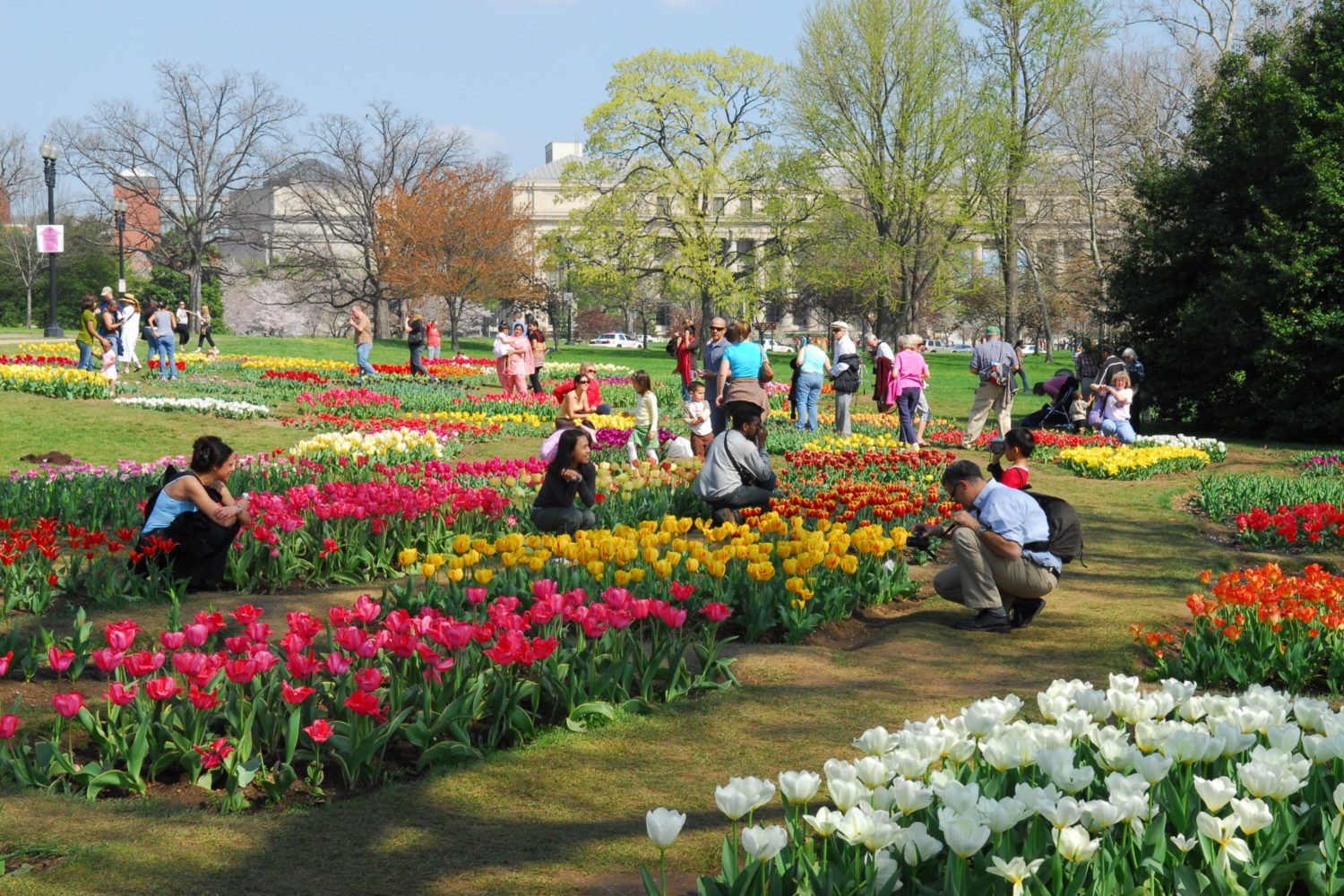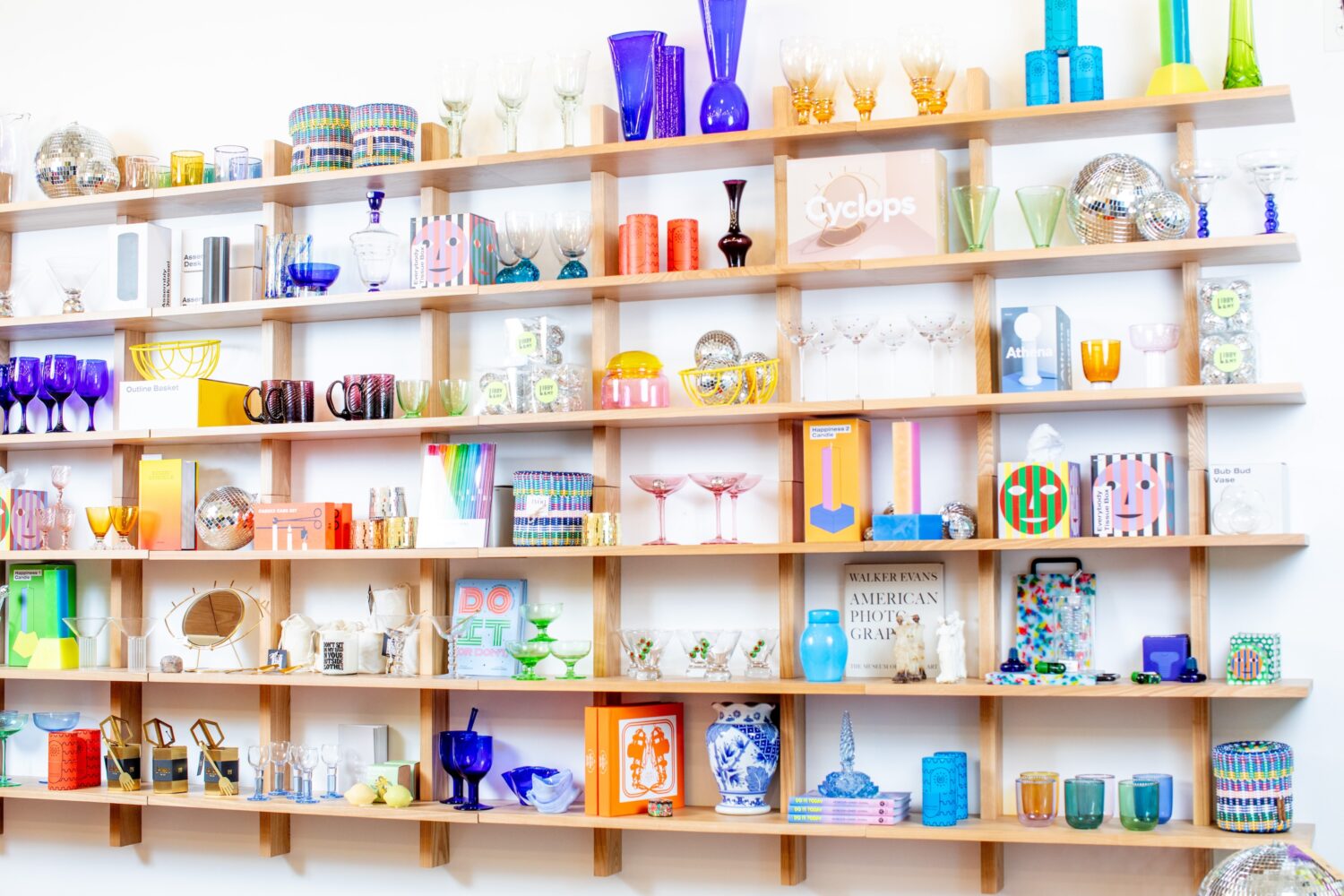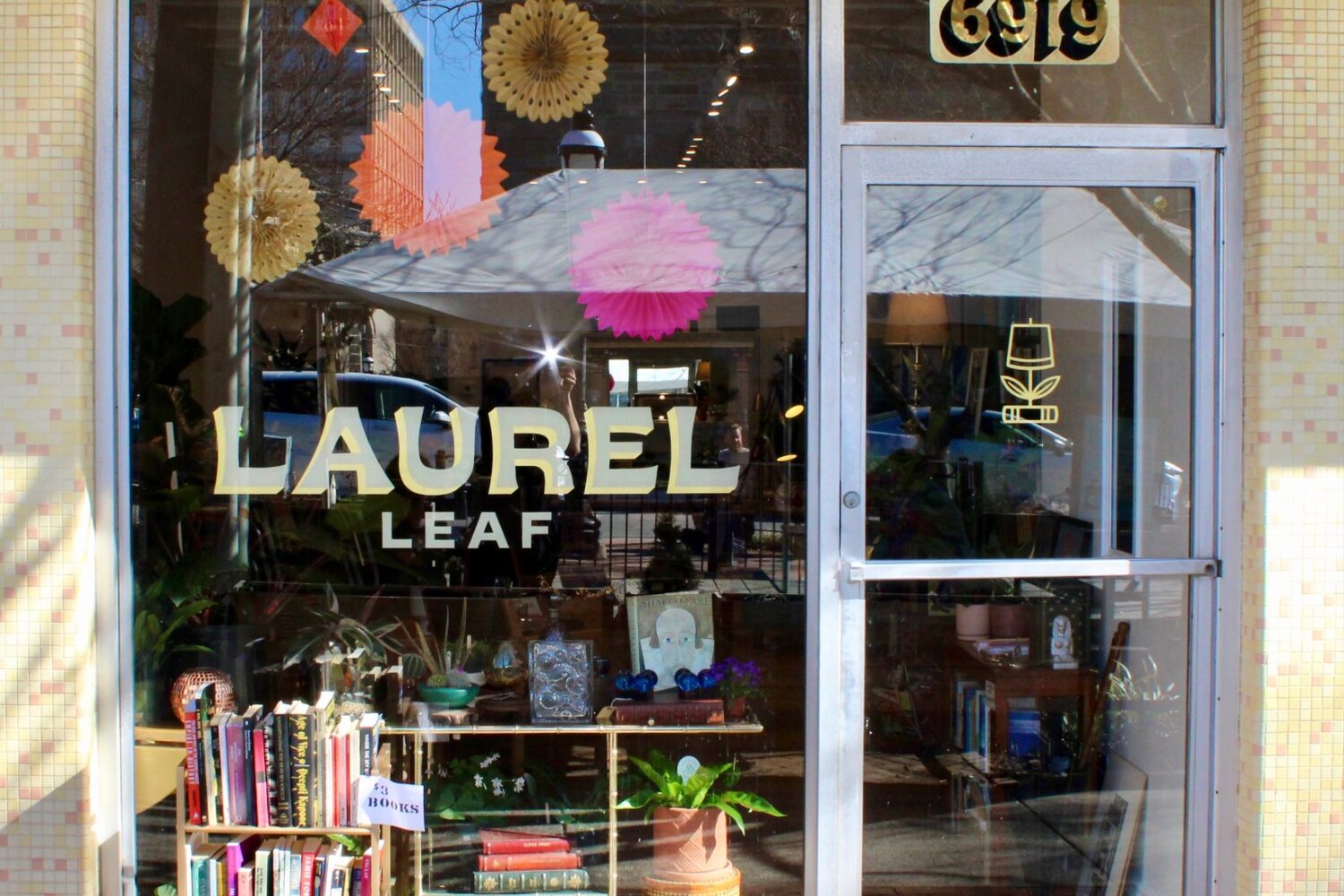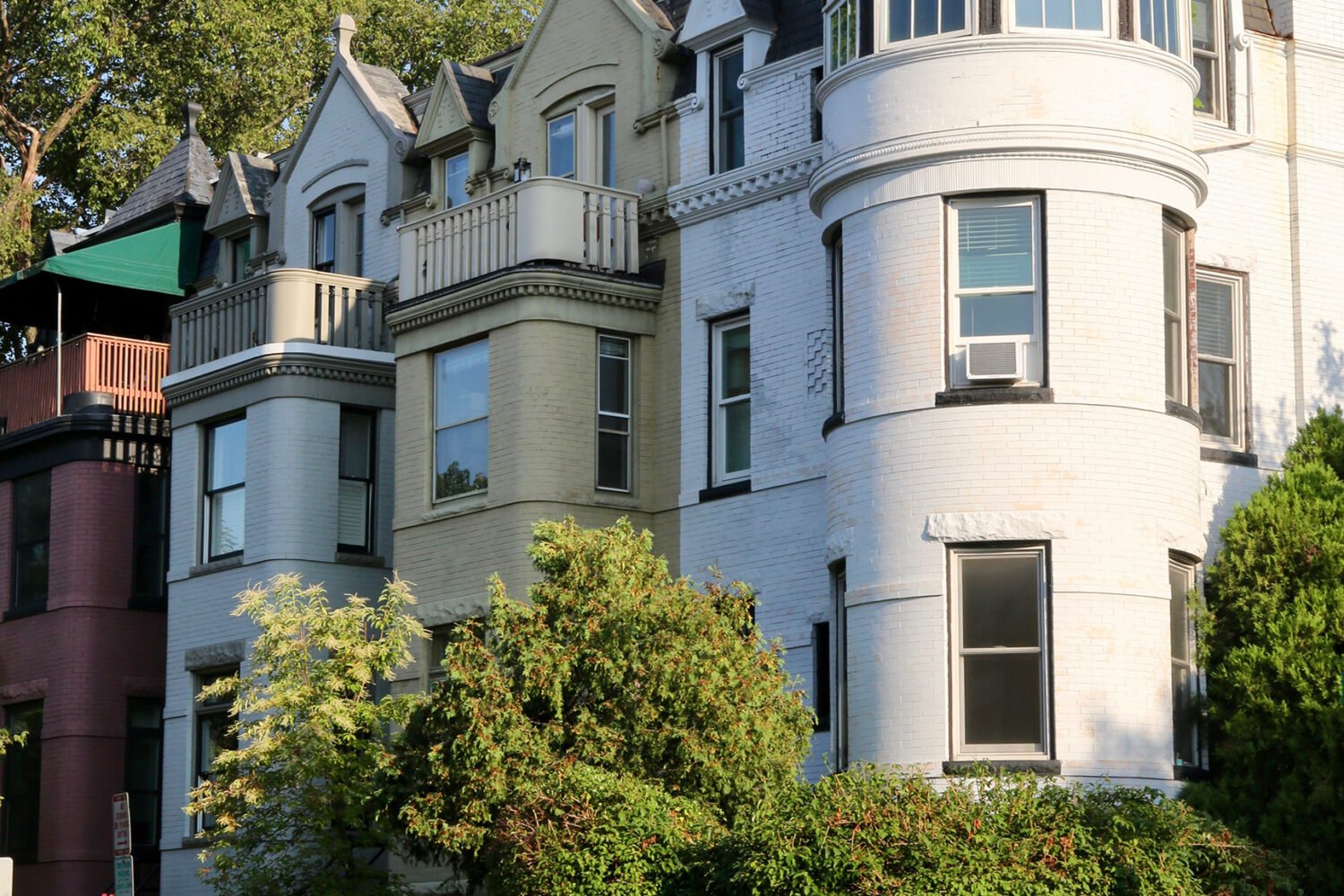Not long after moving to DC in 2010, Amy Darling started filling her apartment with store-bought flowers, making arrangements herself and stuffing them into anything that could serve as a vase. End-of-season deals (like ten stems for $1) often left her with more flowers than she had room for, but she couldn’t bear to chuck them.
“I started researching what to do with them,” Darling says, “and realized the surplus was an industry-wide problem. There’s way more flowers grown than sold every year. So I started thinking, ‘What if we could do something with the extras?'”
Surplus flowers are usually tossed when they either exceed demand or fail to meet industry standards, like roses with stems too short for a Valentine’s bouquet or buds that haven’t opened by the scheduled sale date. But unlike misfit vegetables that don’t make it onto supermarket shelves, these flowers are often every bit as beautiful as their purchased counterparts.
Six months ago, Darling set about sparing these excess flowers from the compost heap by founding the Paper Bag Flower Company, which makes arrangements out of flower farms’ excess supply.
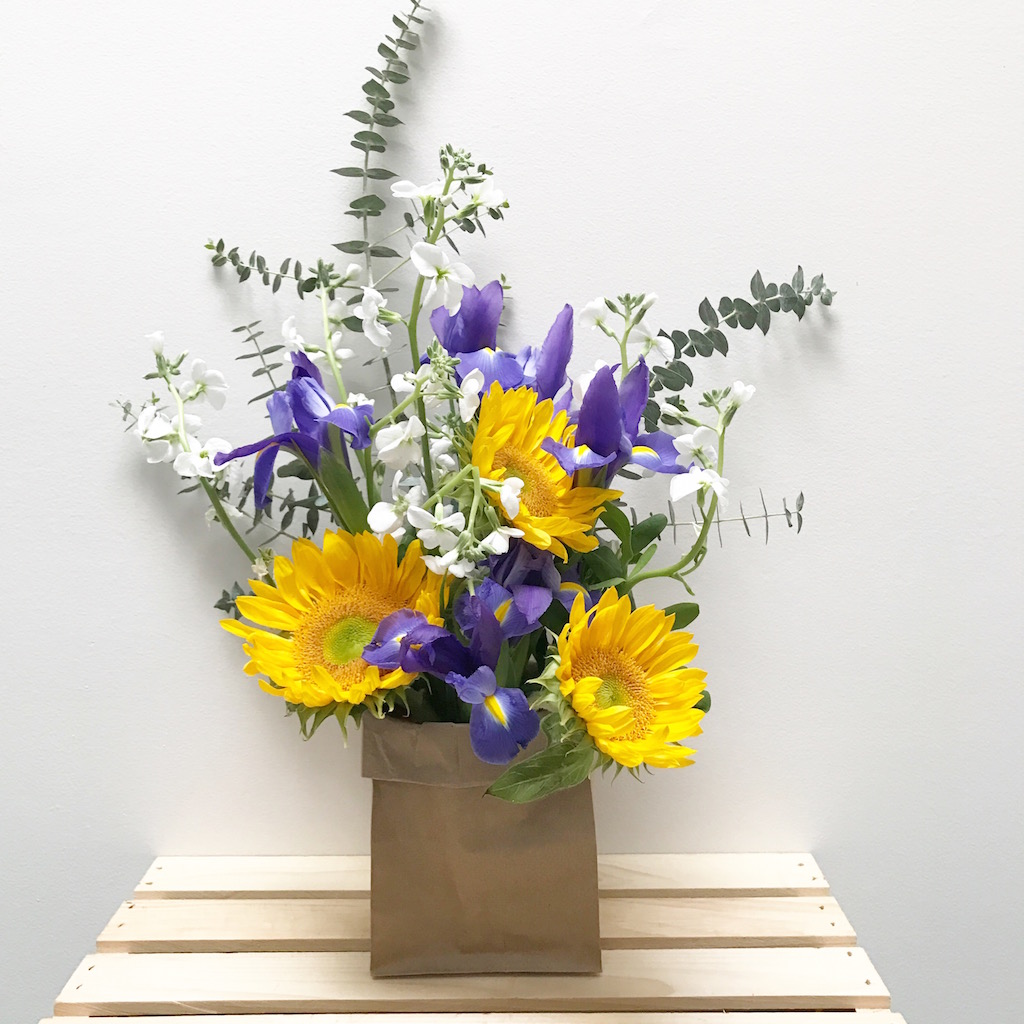
She shared the idea with two friends, Shane Greer and Shane D’Aprile (both of whom she met while working for Campaigns and Elections), and they quickly jumped onboard.
Although Paper Bag began sourcing flowers from local farms, shorter growing seasons in the mid-Atlantic led them to add producers in California, where flowers can be grown year-round. Darling’s company works with farms that uphold sustainable growing practices, including the use of organic fertilizer and methods to divert runoff from nearby waterways. Paper Bag also avoids flowers that have been genetically engineered (which are often stripped of their natural scent).
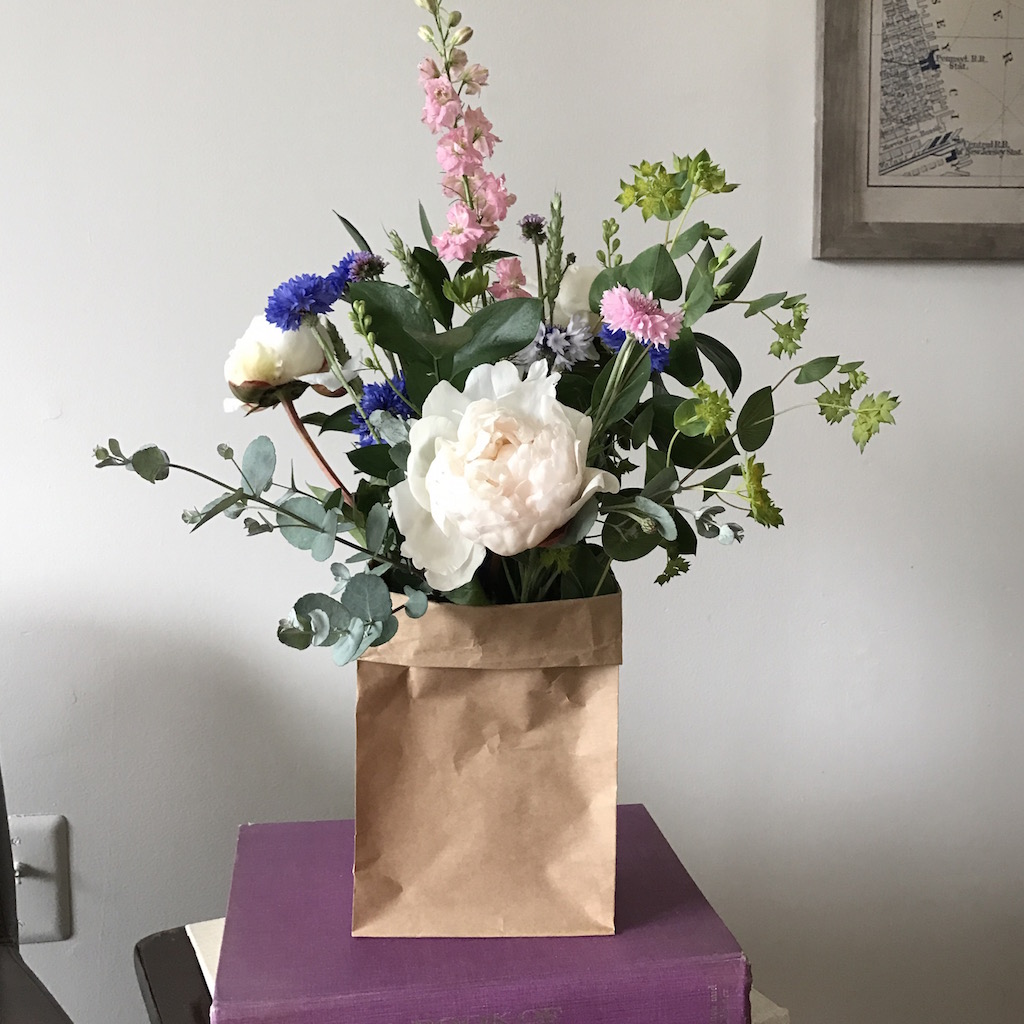
Earlier this year, the Paper Bag founders tested out their business at a few events, arranging the flowers they’d received into mason-jar bouquets placed in recycled brown-paper bags, and allowing guests to build their own bouquets from a flower “stem bar.”
Darling’s design preferences are built into the company’s name. “When I was buying flowers for my house, I often ran out of vases and resorted to old logo-ed beer glasses,” she says. “I didn’t like how it looked because it reminded me of college, so I started putting the glasses inside paper bags.”
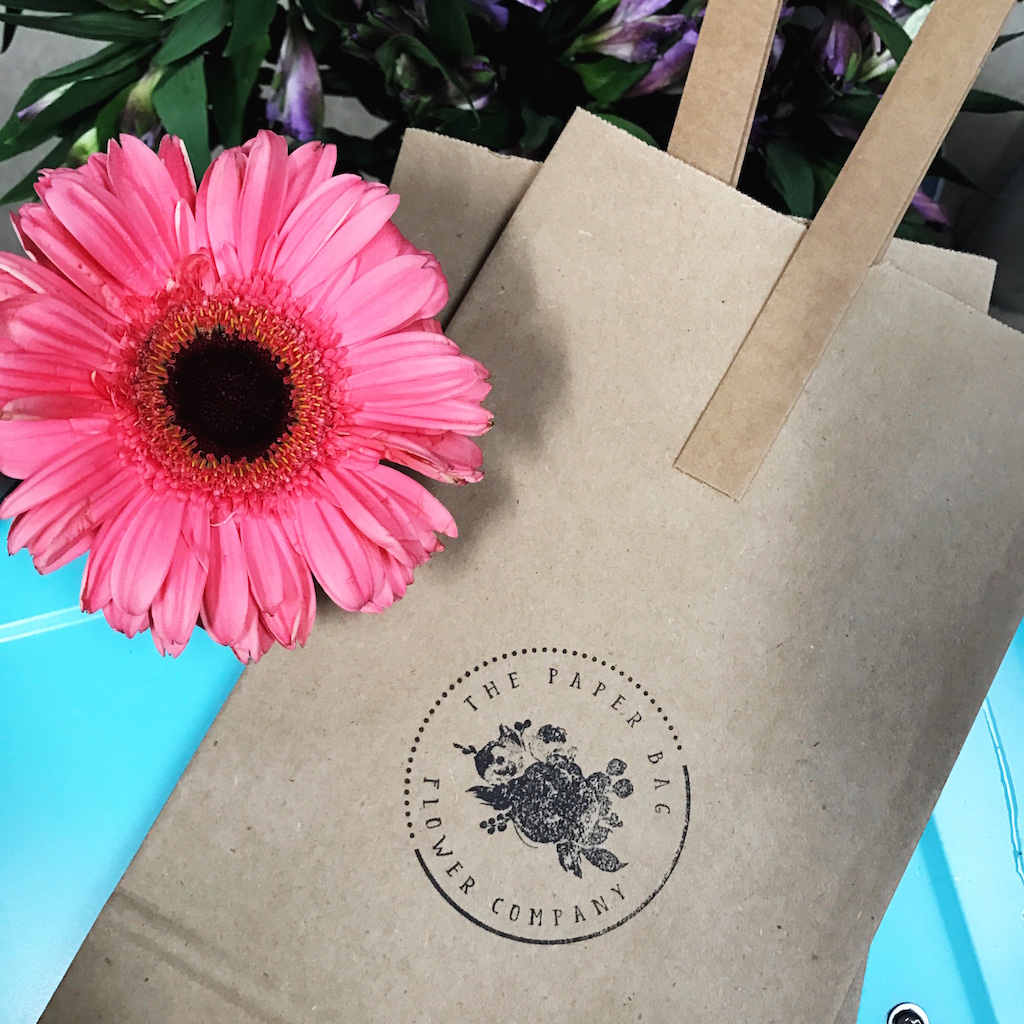
The demos were successes, leading to Paper Bag’s first pop-up shop, which is set to open Friday at CityCenterDC for a one-week run. The shop will offer three sizes of grab-and-go bouquets (ranging from $10 to $30), and a stem bar where you can make your own arrangement (with individual stems ranging from $1 to $5 ). Available blooms and greens will include gerber daisies, roses, zinnias, celosia, zebra grass, and ferns.
The concept harkens back to “the idea of what a flower shop and the flower-buying experience originally was,” Greer says. “The industry has become industrial and impersonal, but this is completely hands-on. You’re going up to this stand of flowers where there’s a huge range of color, and you get to pick out all the stems you want for your own bouquet.” Guests who compile a bouquet from the stem bar are supplied with twine, a mason jar, a small card, flower food, and a paper bag.
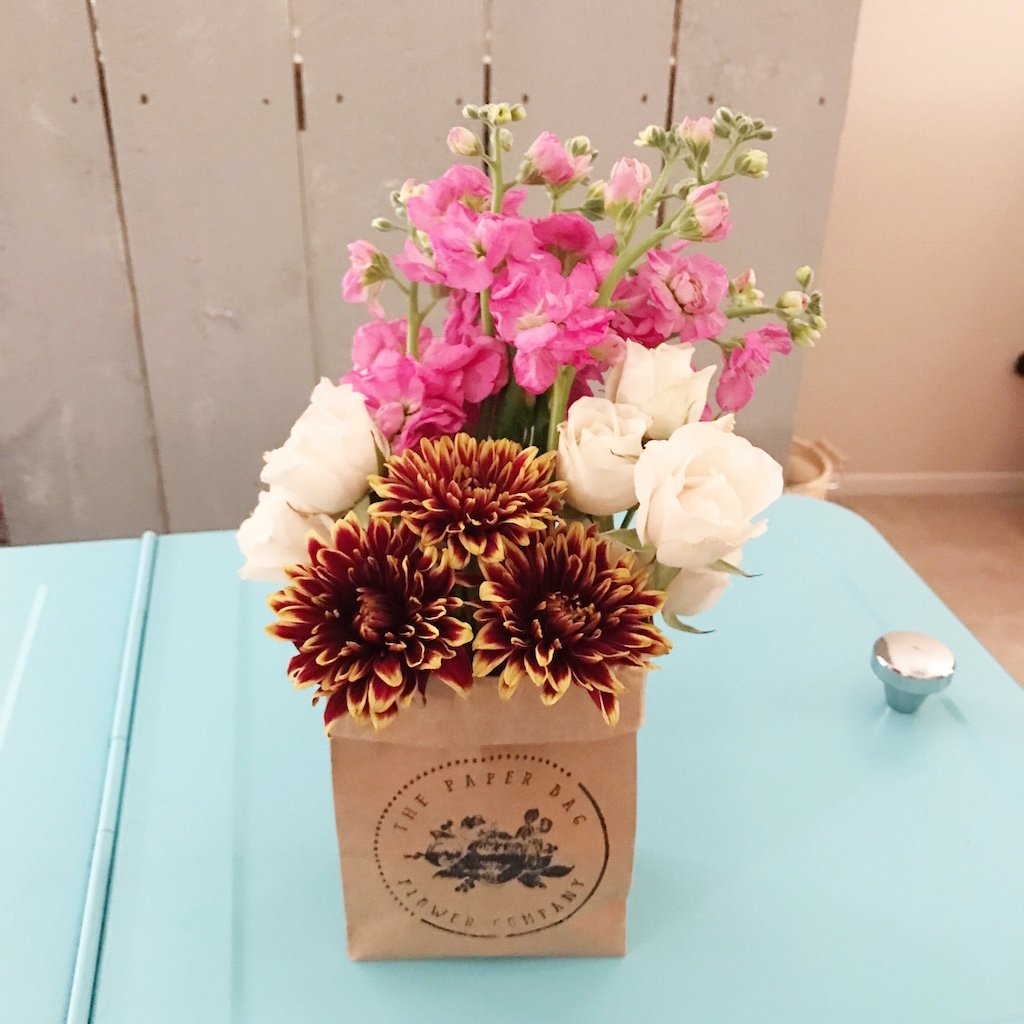
As for the flowers that don’t get sold by Paper Bag, they still won’t wind up as garbage. Darling plans to turn her surplus blooms into sachets by drying and pressing the petals before tossing them with essential oils in scents like vanilla or lavender. In the future, expect Paper Bag dried-petal stationery and scented candles, too.

